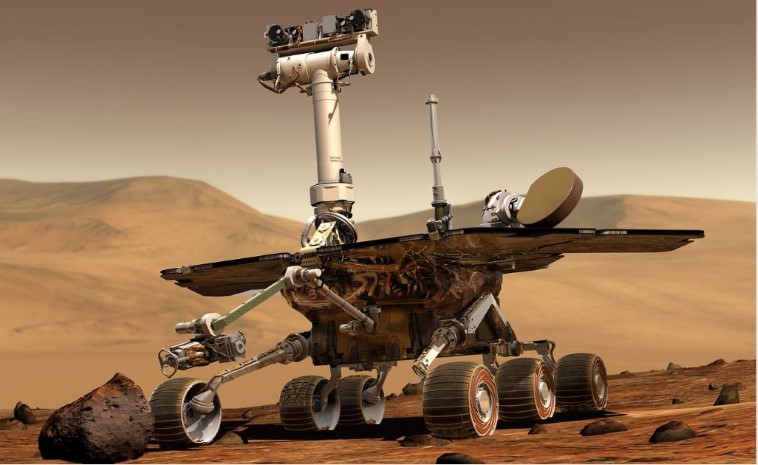Did the Mars rover need wipers? NASA finally offers an explanation

When the Opportunity rover landed on Mars in 2004, the team that operated it was relieved because the descent went according to plan and all the obstacles that were otherwise in abundance were overcome.
The rover then began roaming around Mars and collecting data, but then a big problem arose.
A sandstorm that occasionally reaches global proportions on Mars also engulfed the rover and covered its solar panels with a thick, non-porous layer of dust. And to make things worse, the rover was supplied with energy through those panels.
Of course, this jeopardized the entire mission!
Since then, readers and fans of Mars rovers around the world have often asked why NASA the same question. The same NASA that is able to precisely land a rover on a planet 200 million kilometers away, and whose scientists and engineers know the meteorology of Mars well, so how did they not foresee a solution for blocking the Sun’s energy?
And the solution is so simple: it is enough to install wipers that wipe the windshield on cars. That is one of the vexing questions.
Recently, the answer was offered in the journal Astronomy. Everything comes down, as the magazine says, to trade, calculations and haggling.

Of course, engineers can make wipers for the panels, or come up with some other even more efficient solution, some vacuum cleaners for dust or the like, but any such solution would be at the expense of the price, mass, volume, and energy of the rover.
So, the rover would be a bit more expensive (the problem of money always exists, even for NASA), or it would be at least a little heavier (and every gram is taken into account). According to this statement, its volume would increase, which is also a problem, and besides all that, wipers would use up precious energy.
One or even all of these problems may present themselves to mission planners. If wipers like that were to be installed, it would perhaps mean that some scientific instrument had to be discarded!
Well, that being said, this explanation doesn’t seem very convincing, as the dusty panels lead to the end of the mission. But on the other hand, any operator will tell you: yes, it would be nice if the rovers had wipers, but you see, the rovers still work well without them.
They are designed to withstand all the weather and adversity on Mars.
Apart from that, some might point out that the rovers performed brilliantly and even exceeded their programmed service life many, many times over – so why would they burden the already complicated program of the rover’s work just to keep the batteries nicely charged even after the end of the rover’s service life?
One can only wonder which makes more sense.
Want to read more about the universe? Visit our blog!

